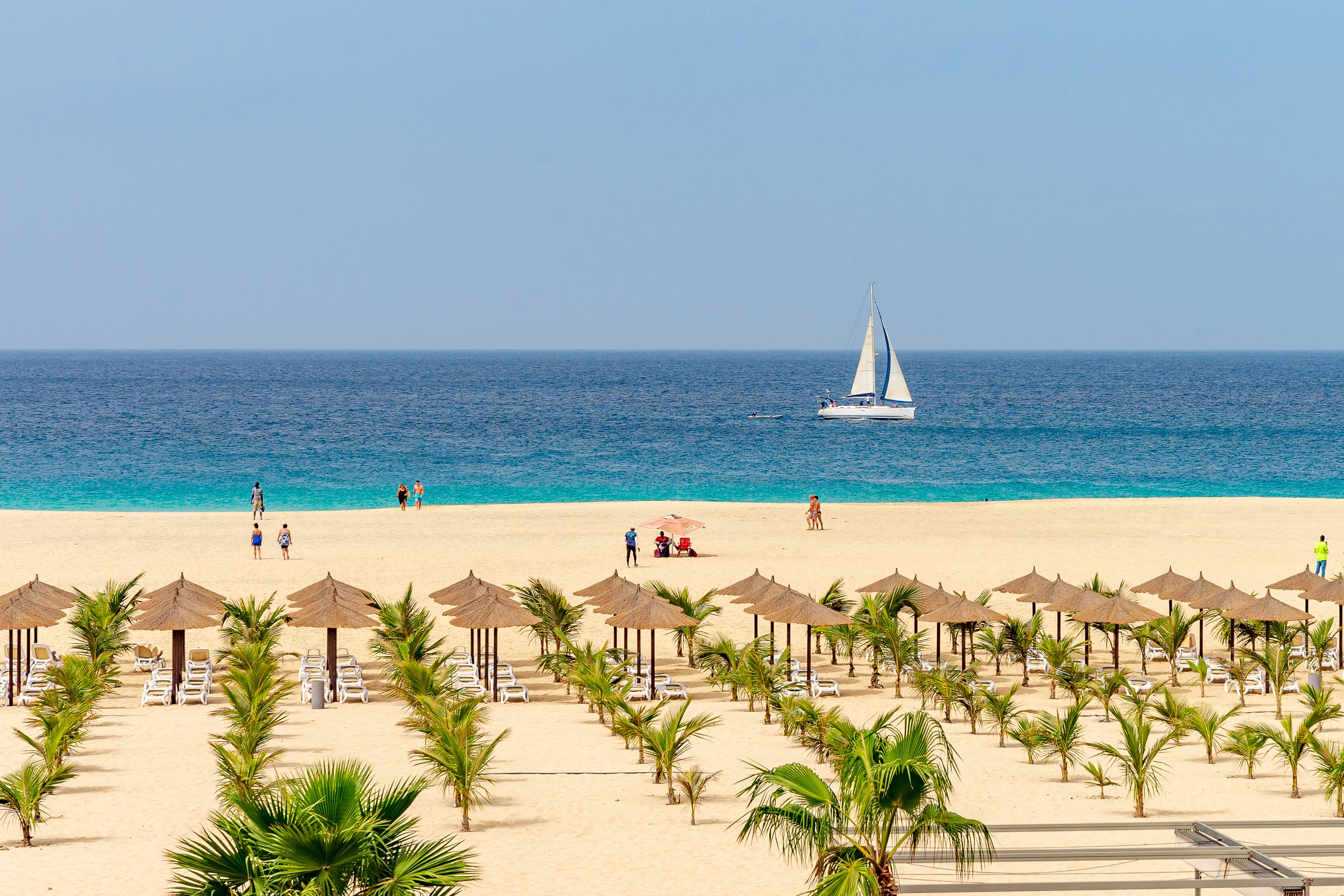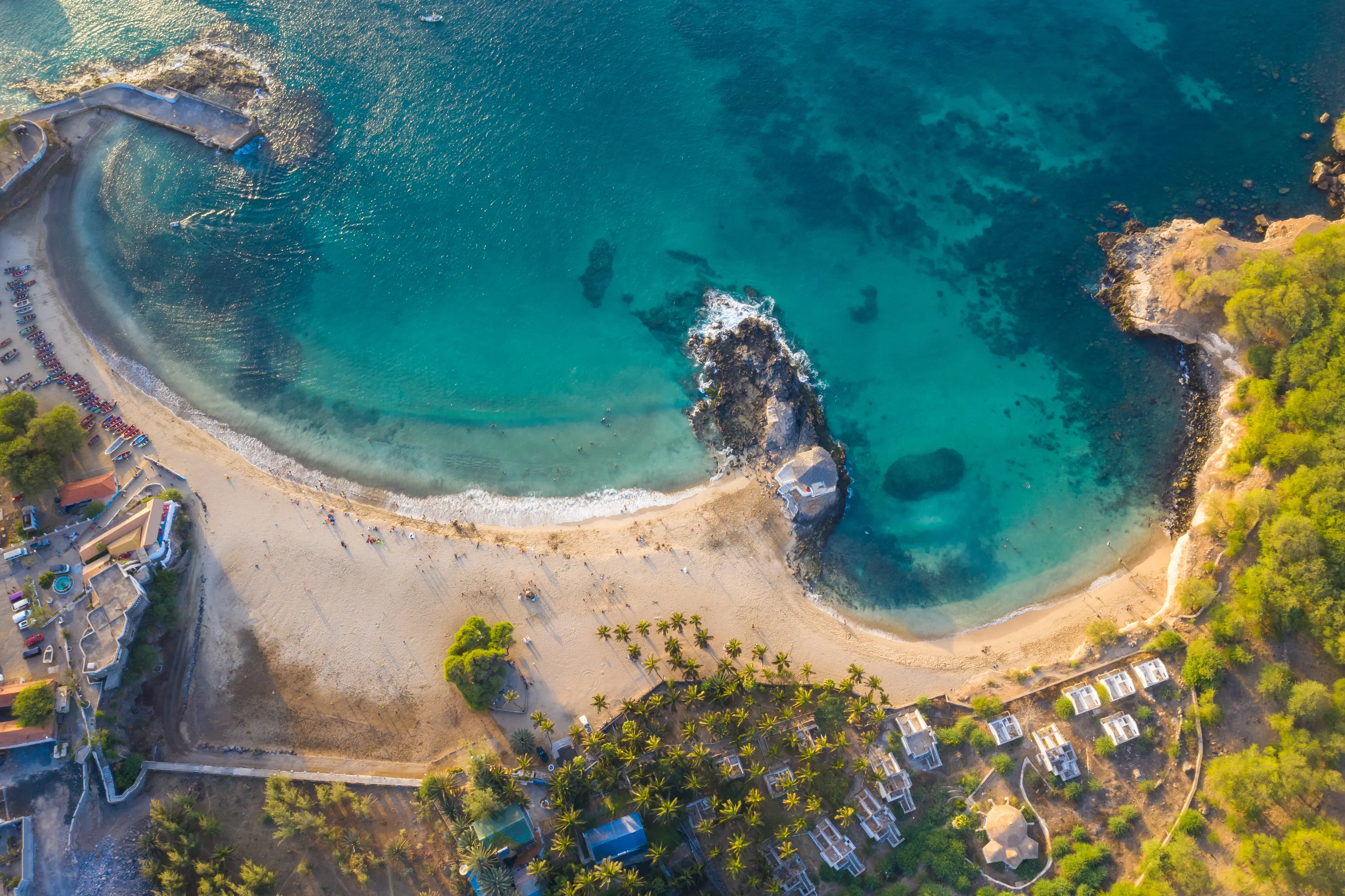6-Day Cape Verde Adventure: Nightlife and Sightseeing with Friends
Cape Verde
6 days
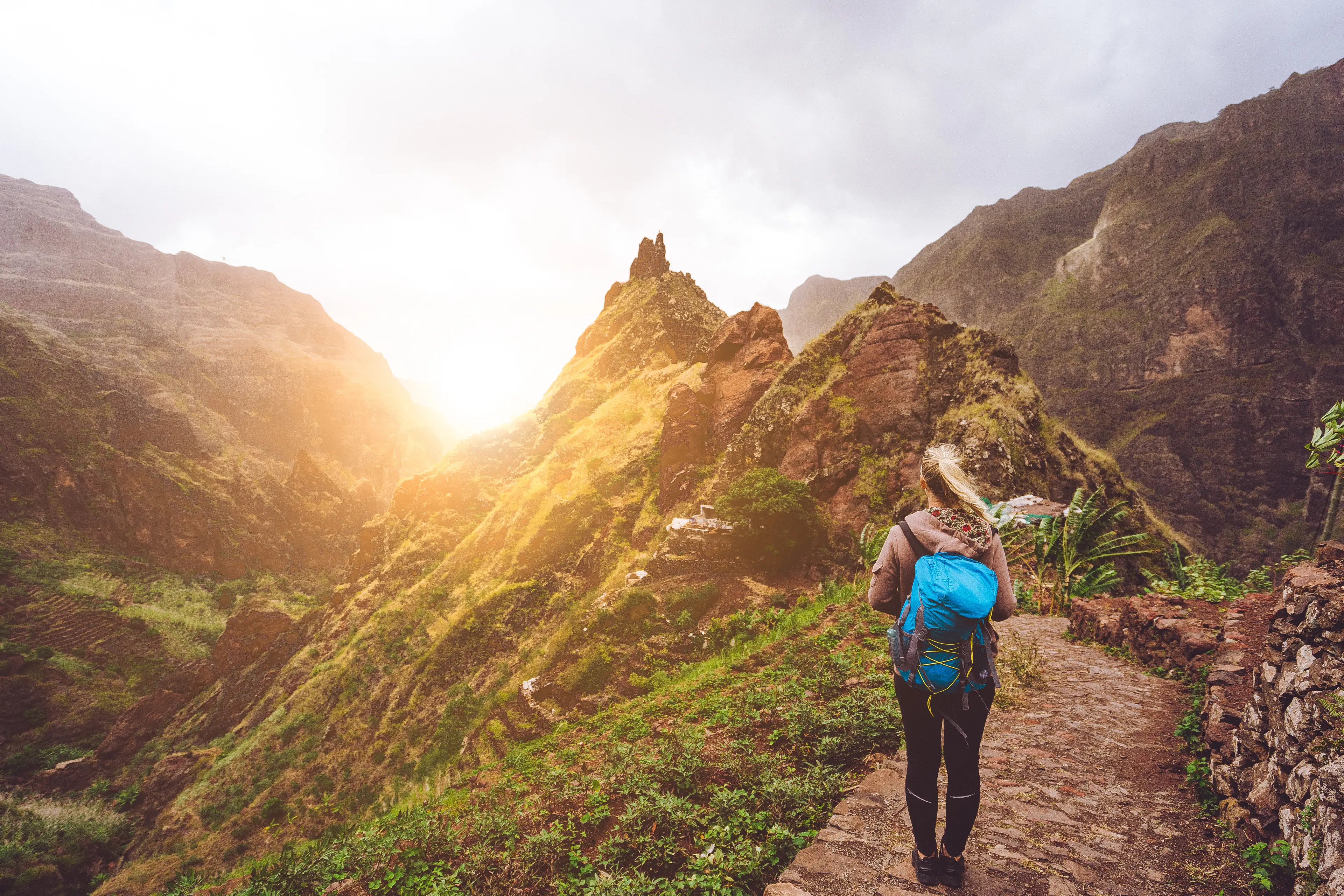

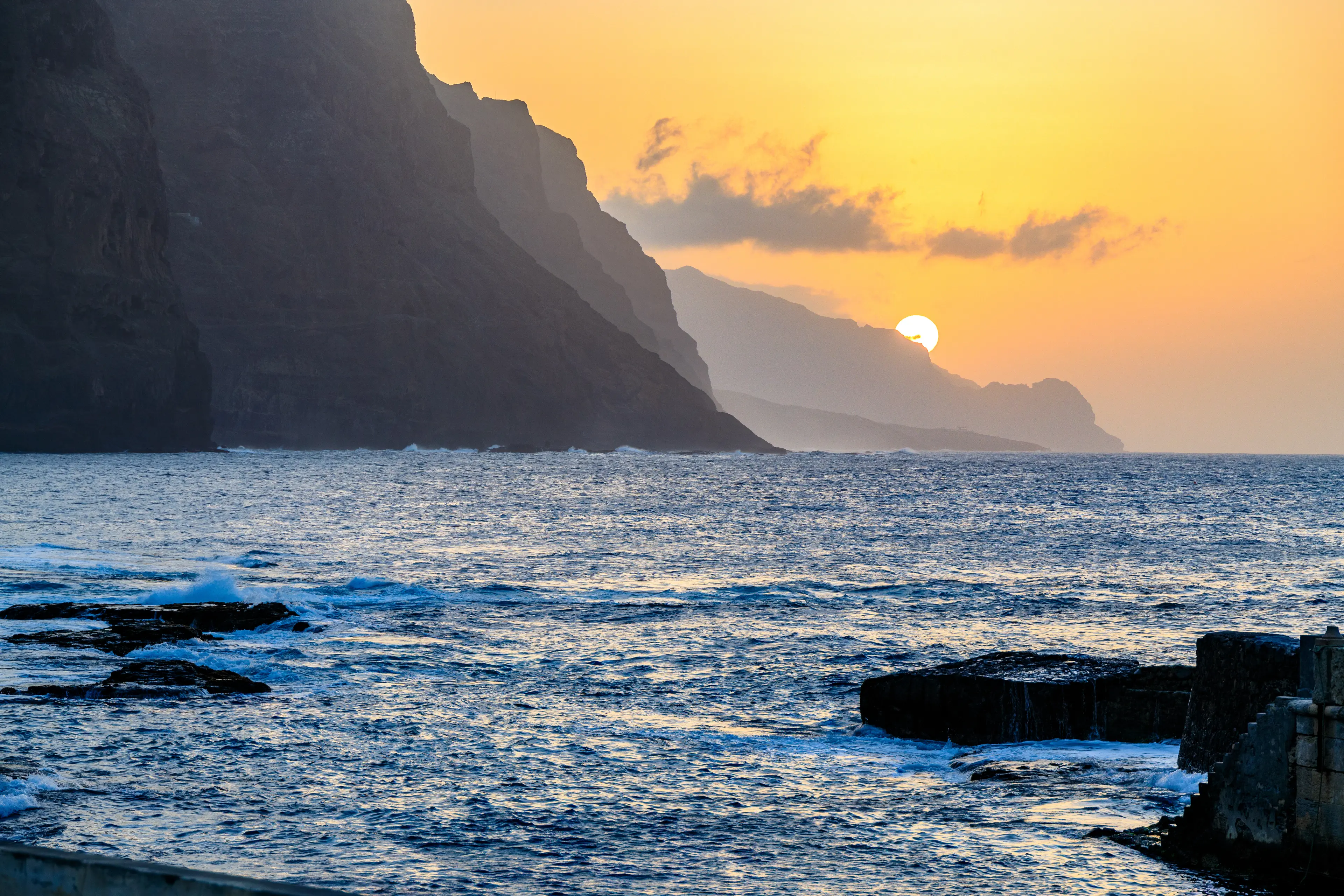
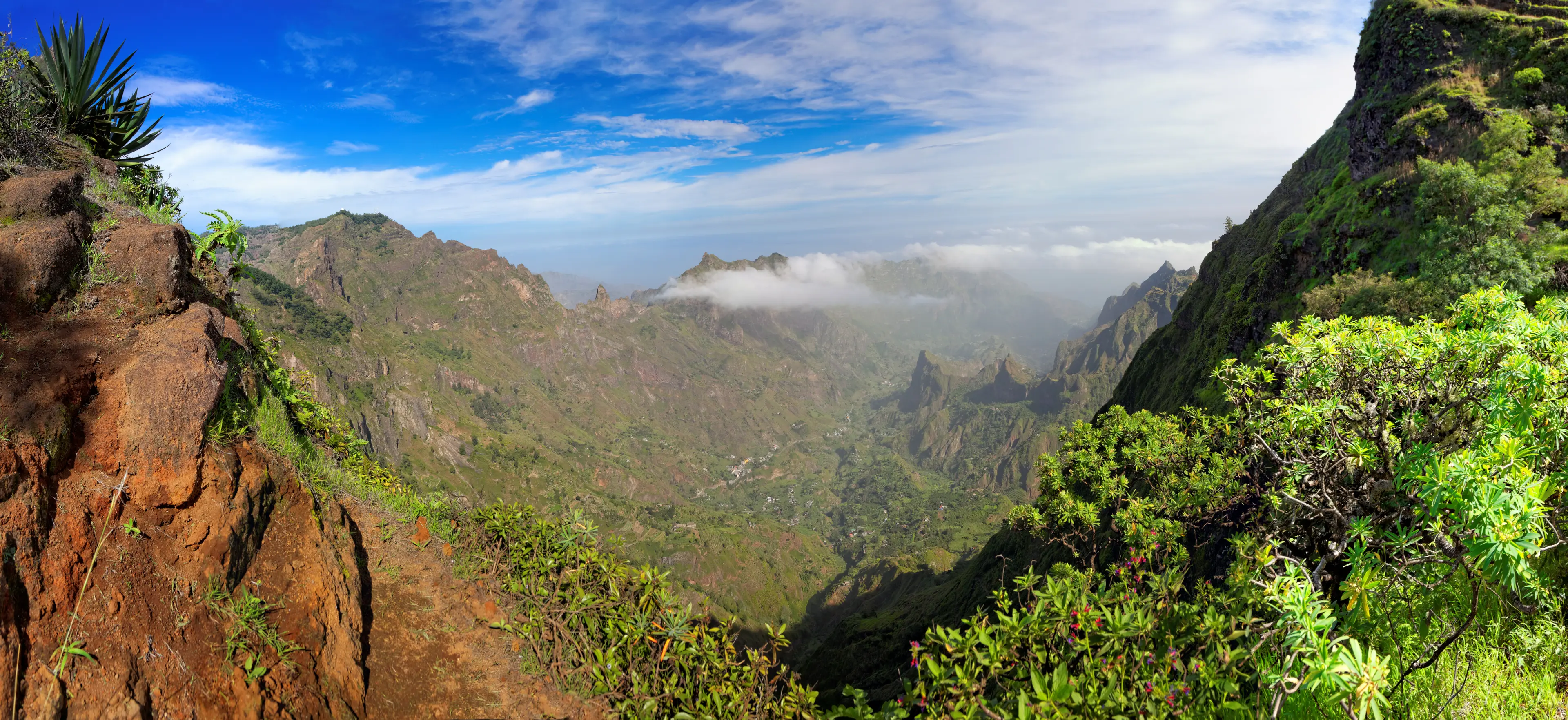
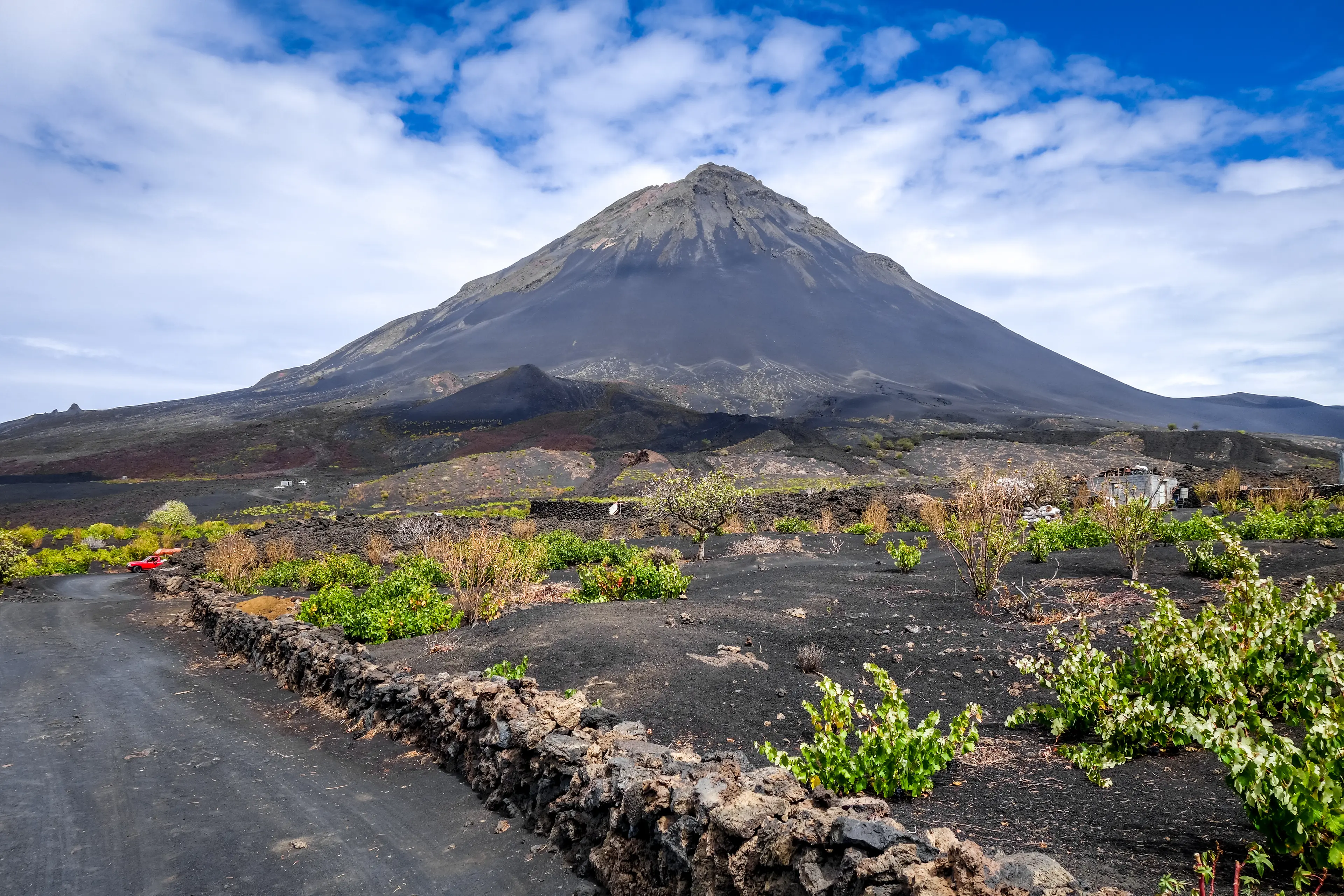
About Cape Verde
Discover the enchanting islands of Cape Verde, a hidden gem off the coast of West Africa. Known for its diverse landscapes, Cape Verde offers a unique blend of stunning beaches, vibrant towns, and rugged mountains. Explore the cultural capital, Praia, with its bustling markets and colonial architecture. Enjoy water sports in Sal, hike through the lush vegetation in Santo Antao, or relax on the pristine beaches of Boa Vista. Cape Verde's rich Creole culture, influenced by African, Portuguese, and Brazilian traditions, is reflected in its music, food, and friendly locals. With year-round sunshine, Cape Verde is an ideal destination for both relaxation and adventure. Whether you're a nature lover, culture enthusiast, or beach bum, Cape Verde promises an unforgettable travel experience.
6-Day Itinerary
Day 2
Discovering the Volcanic Landscapes and Rum Distillery
Morning
Take a guided tour to the island's Volcanic Landscapes. The dramatic scenery is a must-see.
Lunch
Have lunch at a local restaurant in the countryside, where you can try regional dishes.
Afternoon
Visit a local rum distillery and learn about the production process. You'll also have the opportunity to taste the local rum.
Dinner
Dine at a restaurant offering panoramic views of the island. The local cuisine is a fusion of African, Portuguese, and Brazilian influences.
Evening
Attend a live music performance at a local venue. Cape Verde is known for its rich musical heritage.
Day 3
Beach Day and Boat Tour
Morning
Spend the morning at one of the island's beautiful beaches. Enjoy the sun, sand, and sea.
Lunch
Have a picnic lunch on the beach. Local bakeries offer delicious pastries and sandwiches.
Afternoon
Take a boat tour to see the island from a different perspective. You might even spot some dolphins.
Dinner
Enjoy a beachside barbecue dinner. Freshly grilled fish and meat are local favorites.
Evening
Relax at a beach bar with a cocktail in hand. The nightlife in Cape Verde is laid-back and enjoyable.
Day 4
Cultural Day: Museums and Art Galleries
Morning
Visit a local museum to learn about the island's history and culture.
Lunch
Have lunch at a local café, where you can try the popular Grogue, a local spirit made from sugarcane.
Afternoon
Explore the city's art scene by visiting local galleries and studios.
Dinner
Dine at a restaurant offering traditional Cape Verdean dishes with a modern twist.
Evening
End the day with a visit to a local jazz club. The music scene in Cape Verde is diverse and vibrant.
Day 5
Mountain Hike and Coffee Plantation Visit
Morning
Take a hike in the island's lush green mountains. The views are breathtaking.
Lunch
Enjoy a packed lunch while admiring the panoramic views from the mountain top.
Afternoon
Visit a local Coffee Plantation and learn about the coffee-making process. You can also taste the local coffee.
Dinner
Have dinner at a local restaurant, where you can try the island's fresh produce and seafood.
Evening
Experience the local nightlife by visiting popular bars and clubs in the city center.
Day 6
Relaxing Beach Day and Farewell Party
Morning
Spend your last day relaxing at the beach. Take a swim or simply enjoy the sun.
Lunch
Have a leisurely lunch at a beachfront restaurant. Try the local seafood dishes.
Afternoon
Do some last-minute shopping at the local market. You can find unique souvenirs and local crafts.
Dinner
Enjoy your last dinner in Cape Verde at a restaurant offering traditional dishes and live music.
Evening
End your trip with a bang by attending a local music festival. Dance the night away to the rhythms of Cape Verde.
Attractions in Itinerary (4)
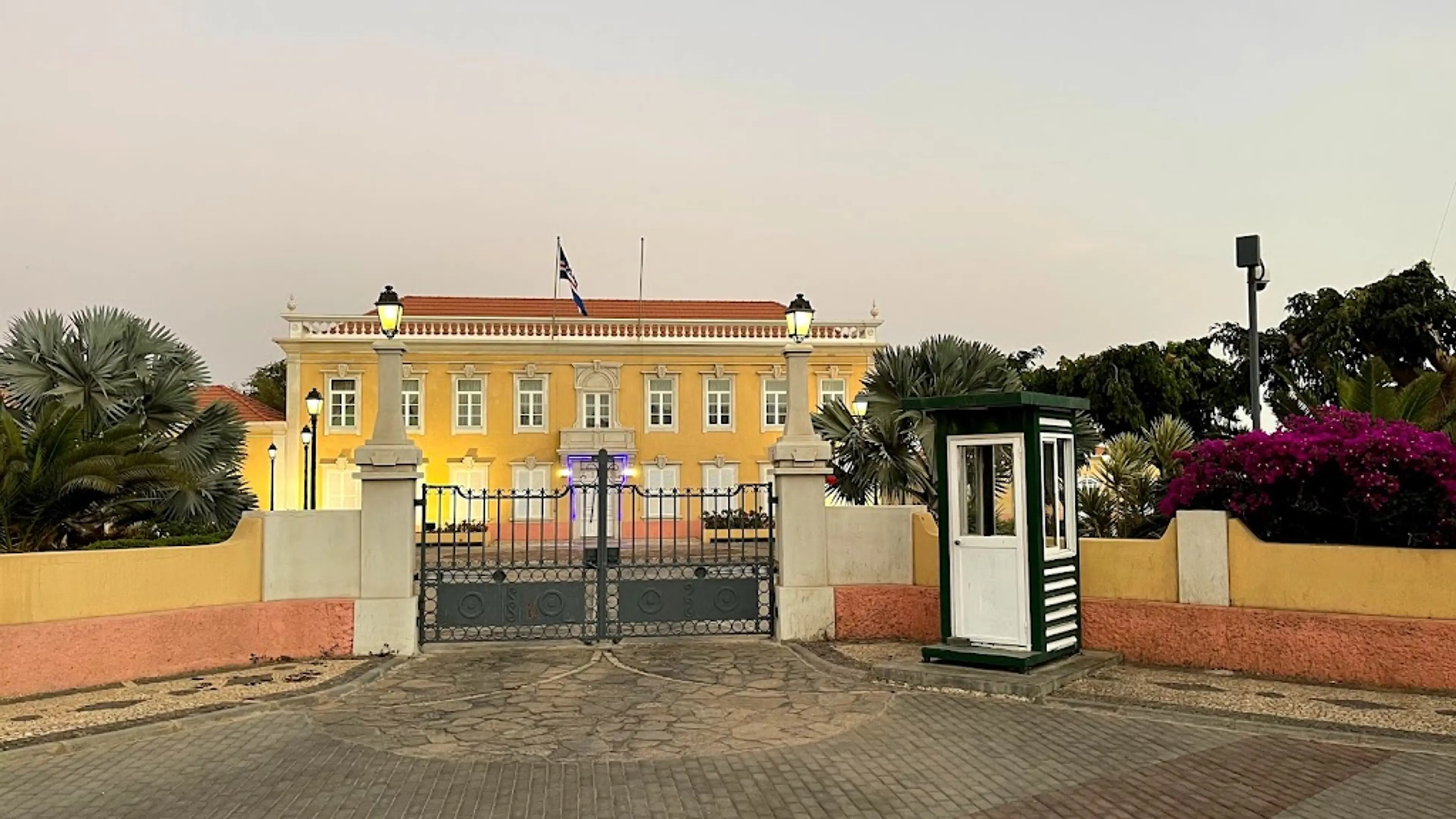
1Presidential Palace
The Presidential Palace is a colonial-era building that serves as the official residence of the President of Cape Verde.
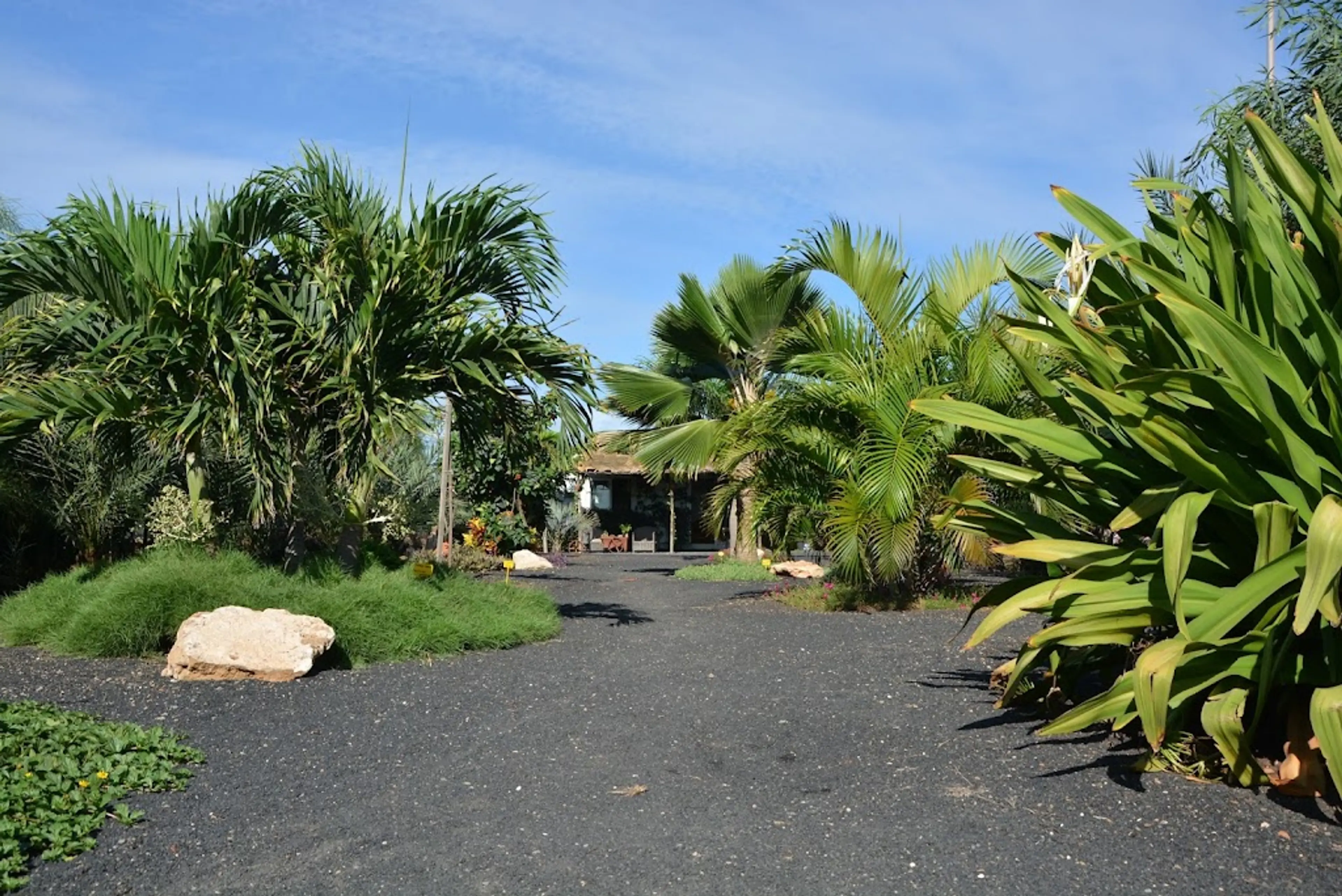
2Volcanic Landscapes
Stunning landscapes formed by volcanic activity, a must-see in Cape Verde.
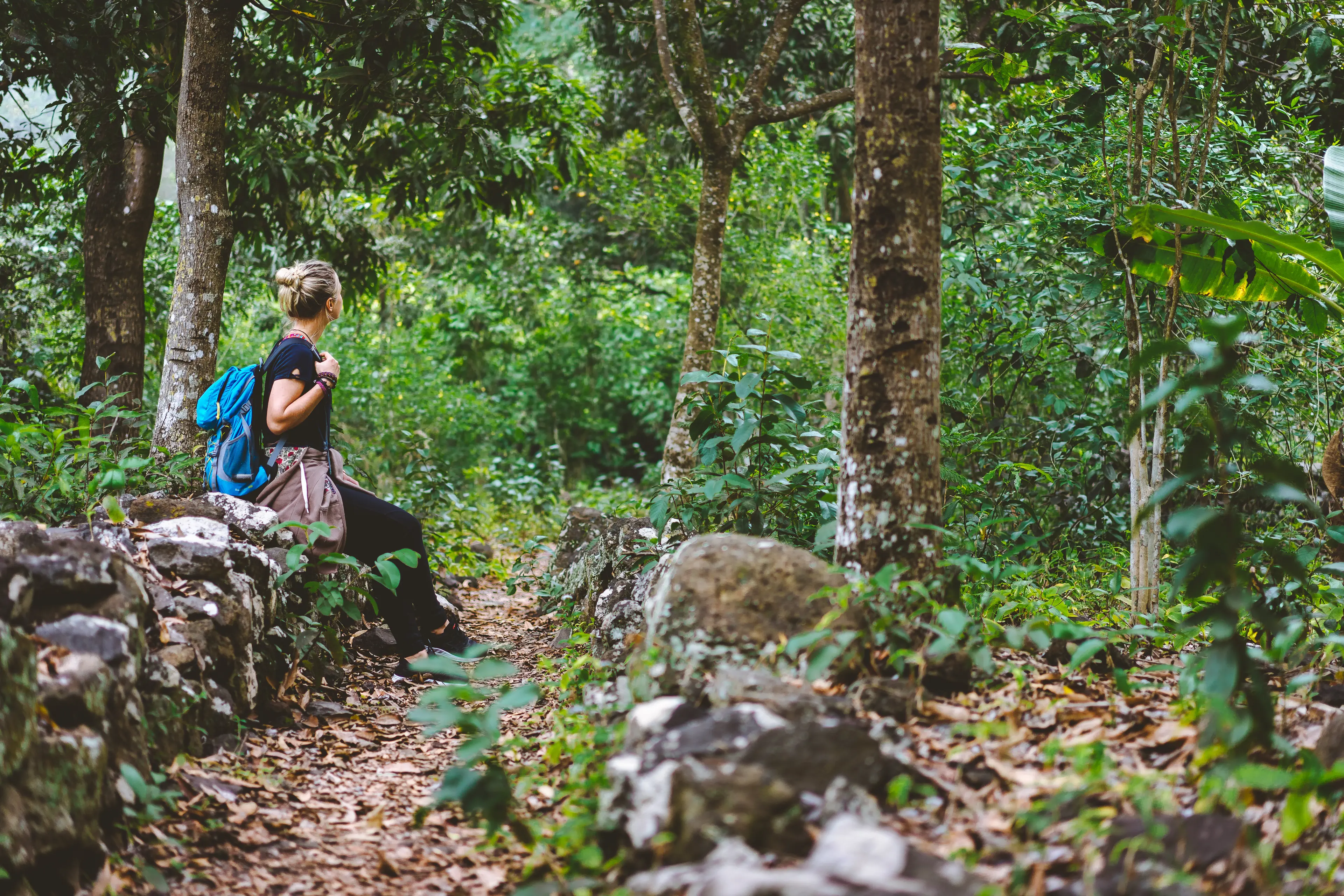
3Coffee Plantation
Visit a coffee plantation to learn about coffee production and taste local coffee.
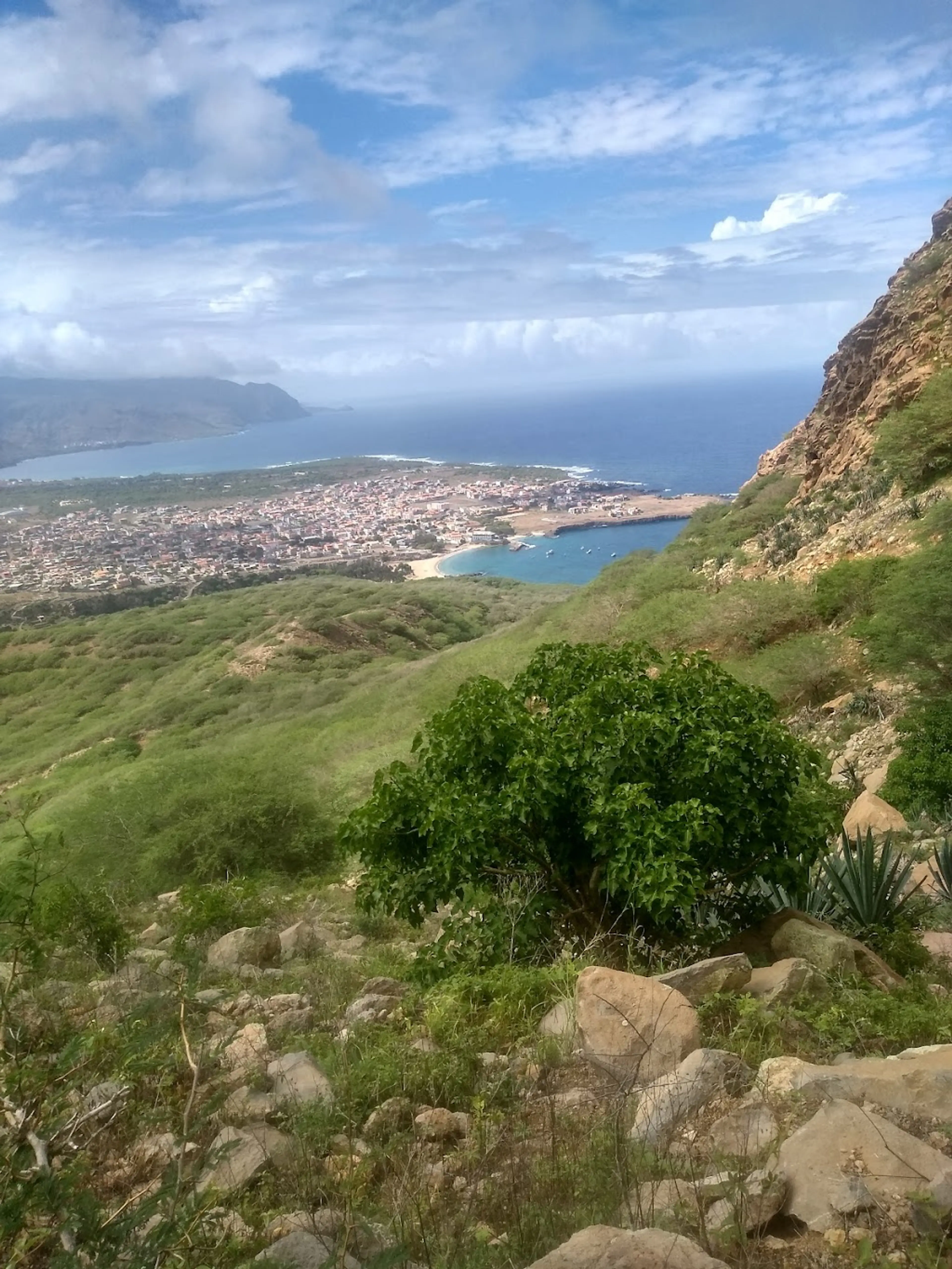
4Mountain Hike
Hiking in the mountains of Cape Verde is a popular activity for tourists.
Local Food and Drinks (10)

Cachupa
Cachupa is the national dish of Cape Verde, a hearty stew made with corn, beans, and various kinds of meat.
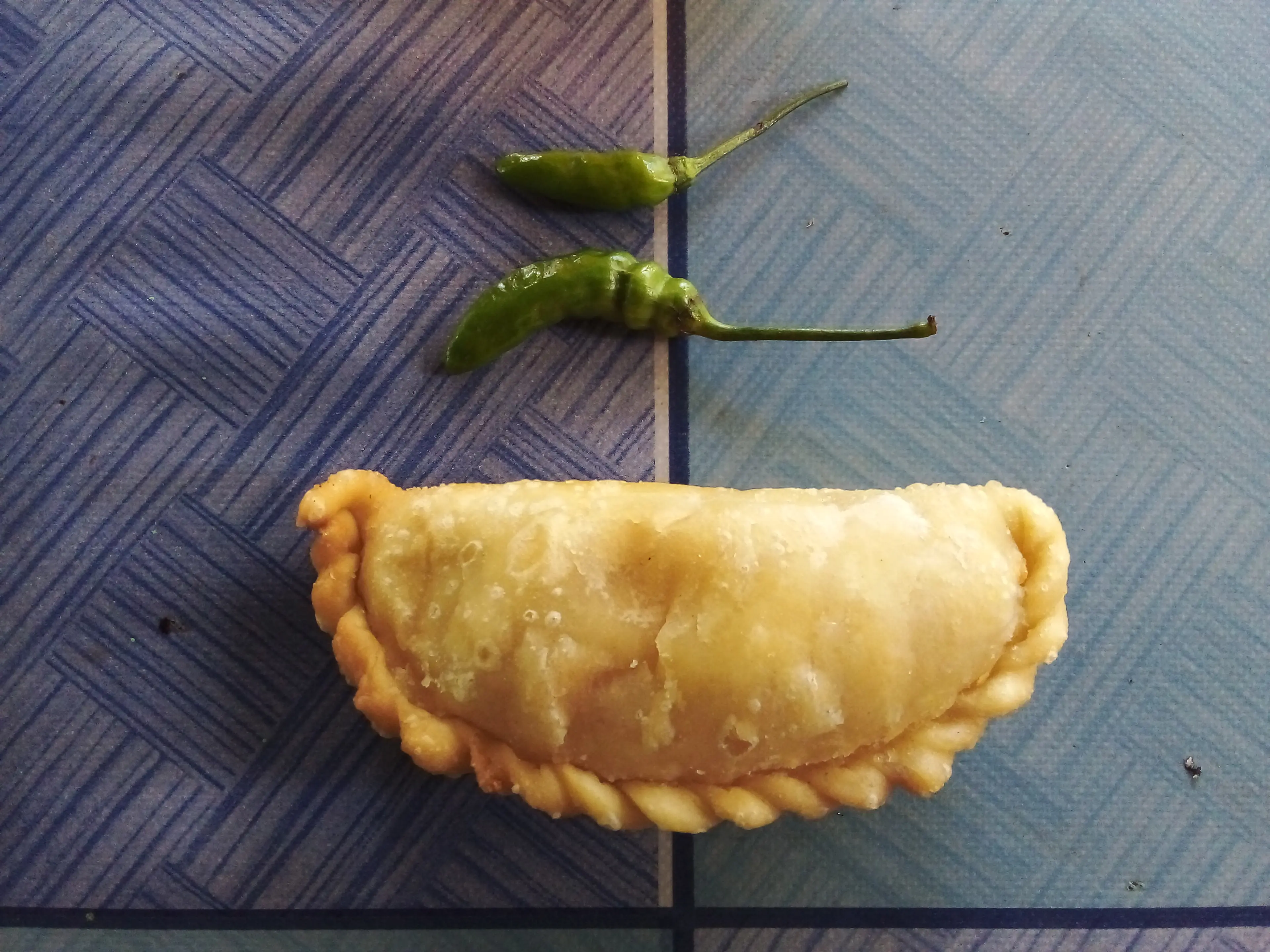
Pastel com diabo dentro
Pastel com diabo dentro, or 'pastry with a devil inside', is a popular Cape Verdean snack. It's a spicy tuna pastry that's perfect for a quick bite.
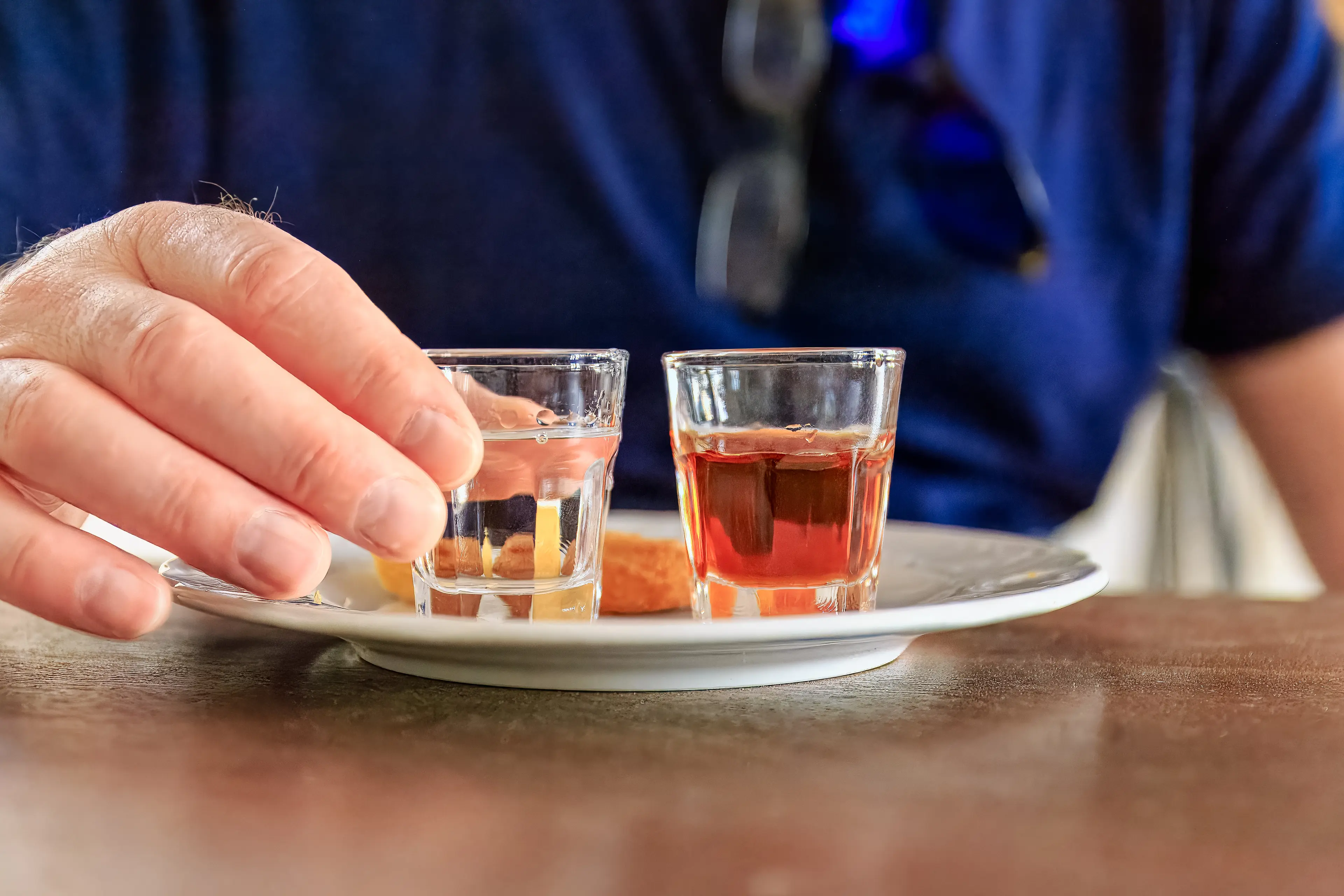
Grogue
Grogue is a strong alcoholic drink made from sugarcane, similar to rum. It's a traditional Cape Verdean drink, often enjoyed in social settings.
Buzio
Buzio is a dish made from large sea snails, a common delicacy in Cape Verde. The snails are boiled and served with a spicy sauce.
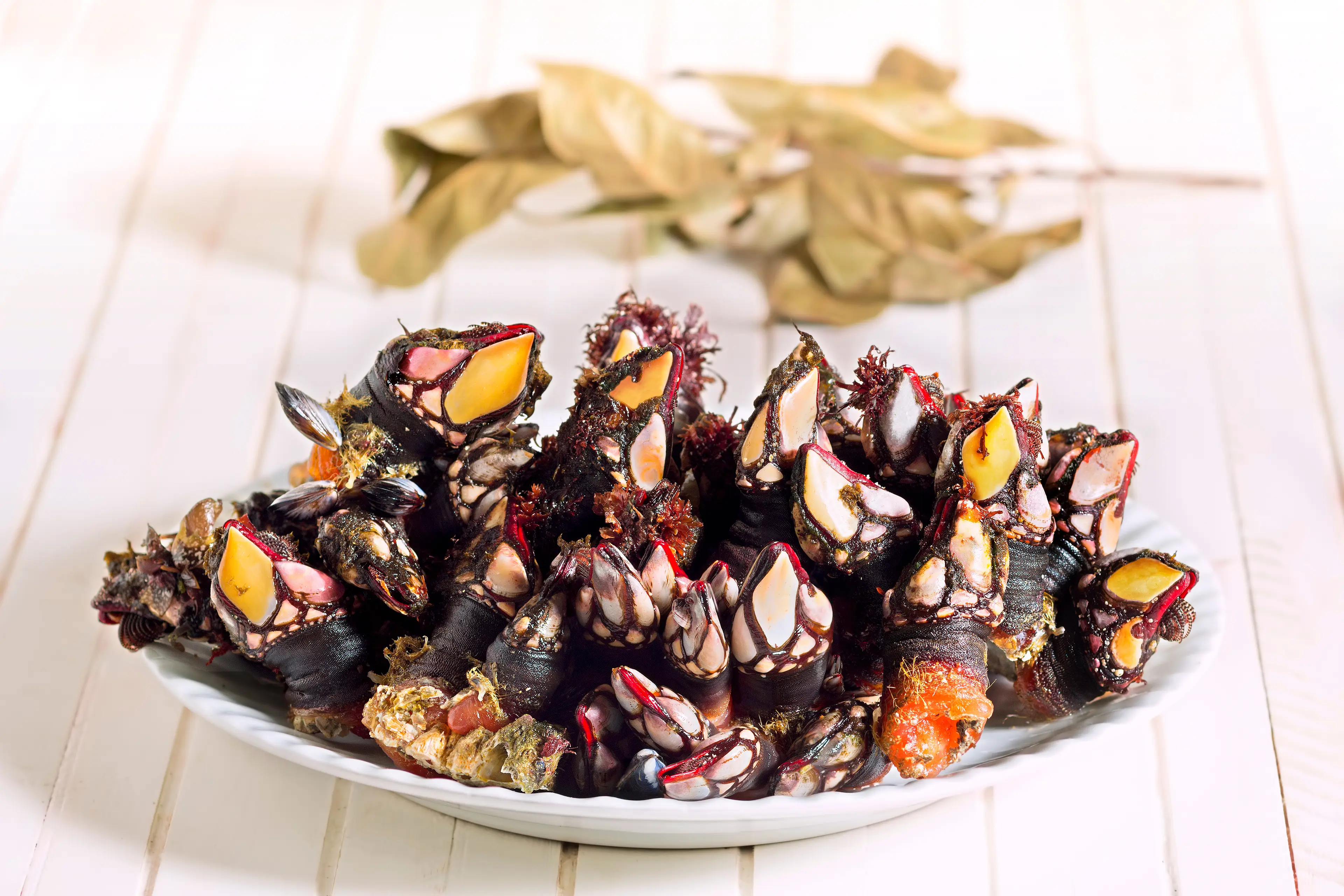
Percebes
Percebes, or goose barnacles, are a unique seafood delicacy in Cape Verde. They're harvested from the rocky coastline and are often served boiled.
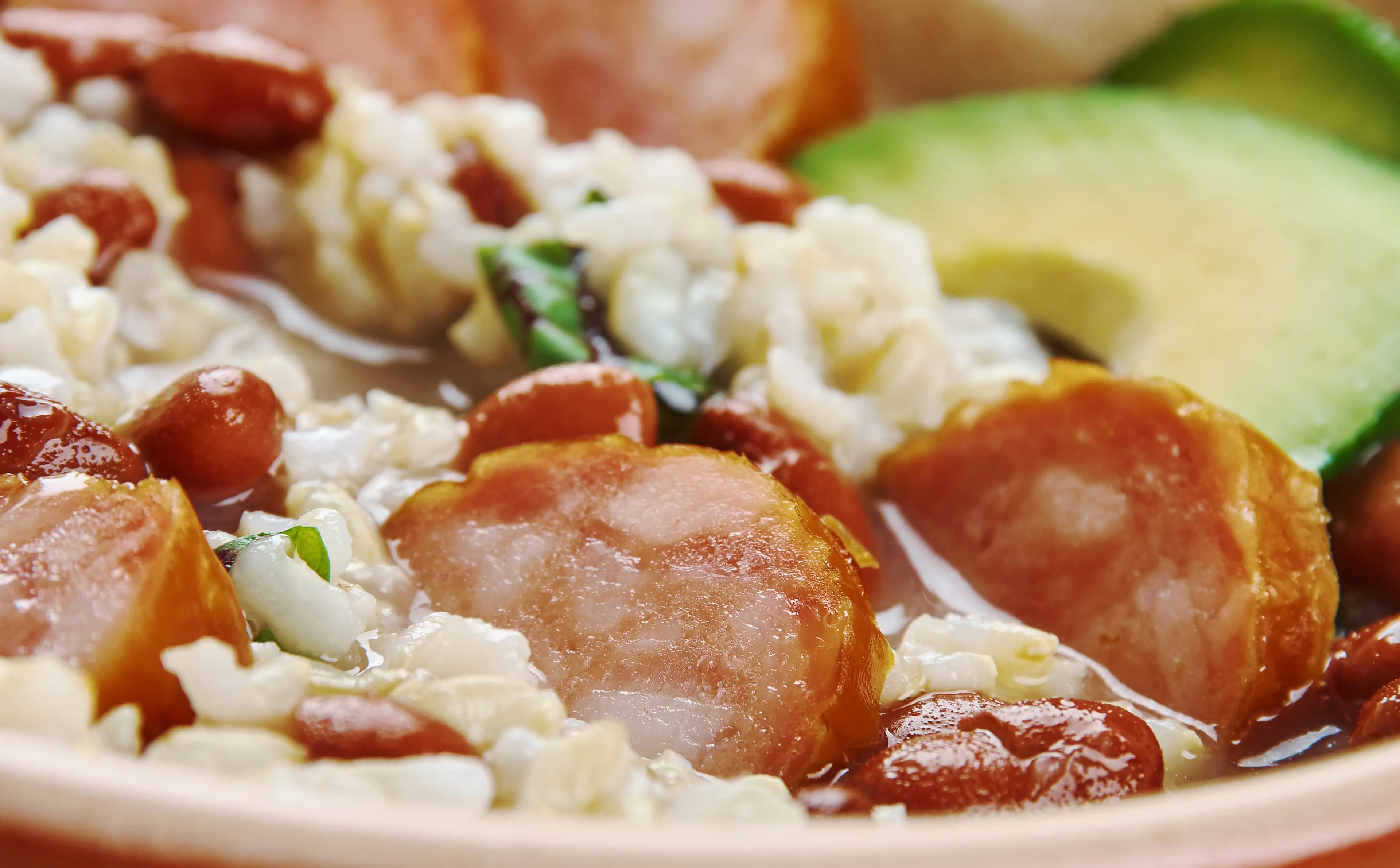
Jagacida (Jag)
Jagacida, also known as 'Jag', is a popular Cape Verdean dish. It's a bean and rice dish, often cooked with meat or vegetables.
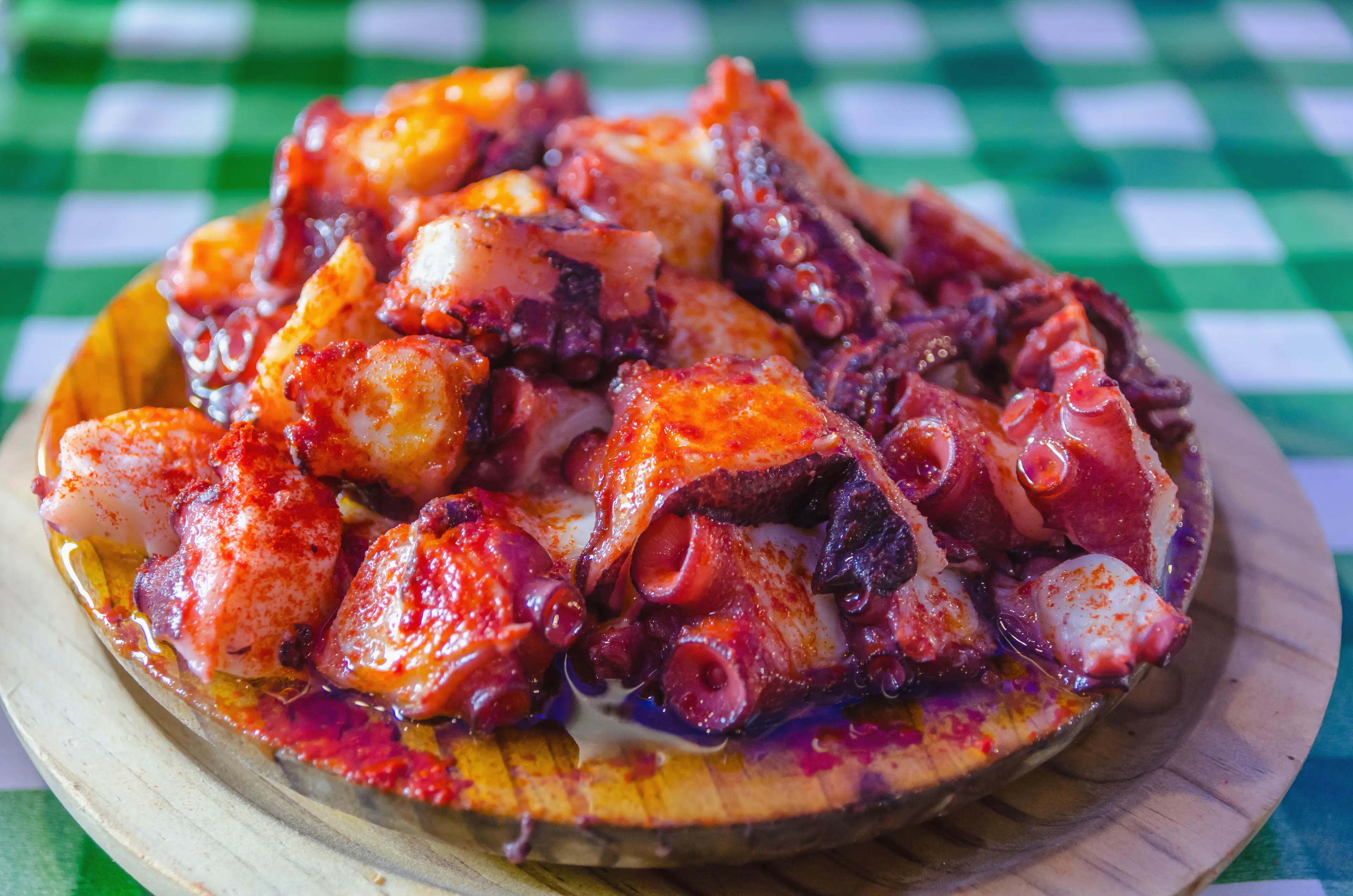
Polvo a Moda de Santiago
Polvo a Moda de Santiago is a traditional dish from the island of Santiago in Cape Verde. It's a hearty octopus stew, often served with rice.
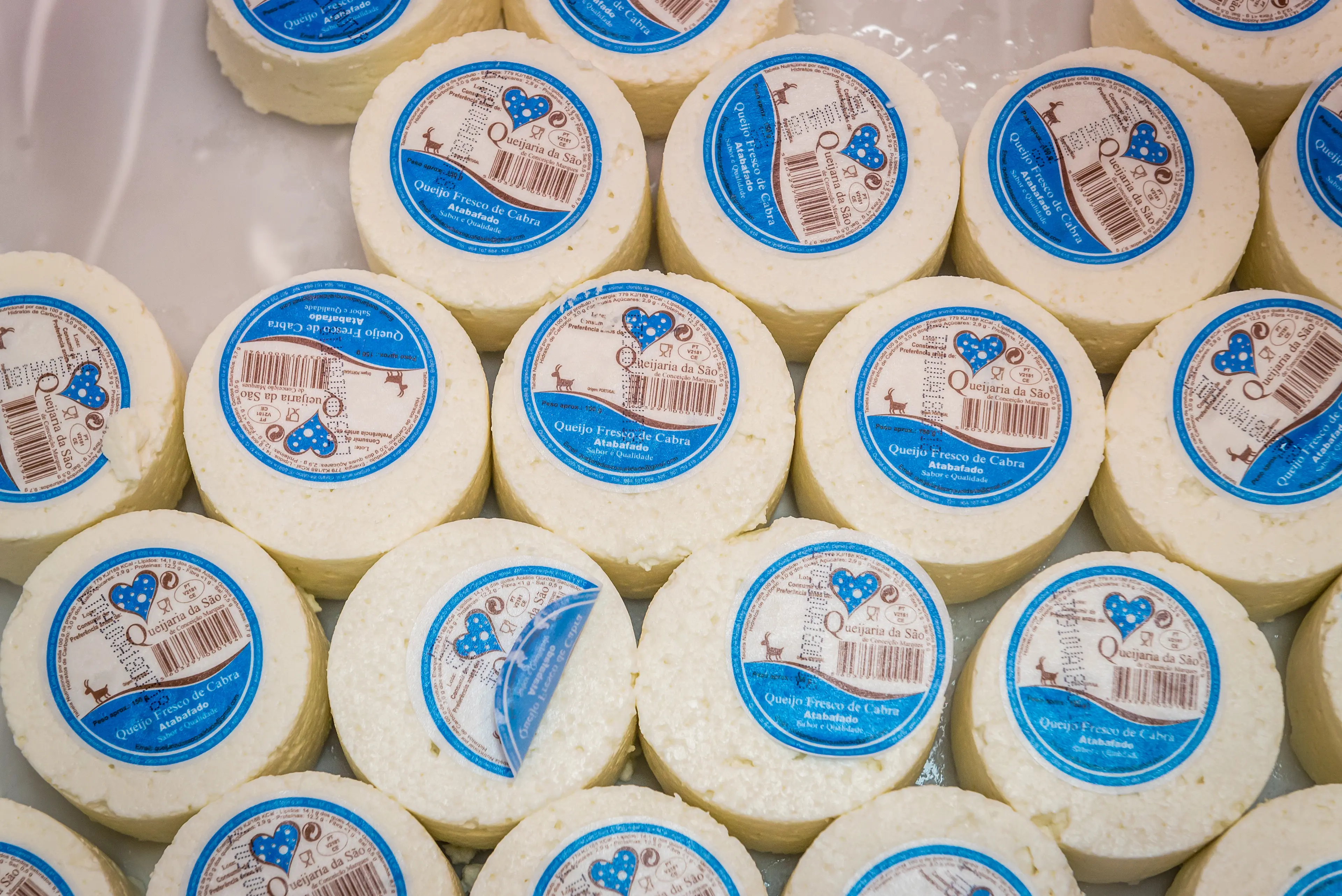
Queijo de Cabra
Queijo de Cabra is a traditional Cape Verdean goat cheese. It's often served as part of a cheese platter or used in cooking.
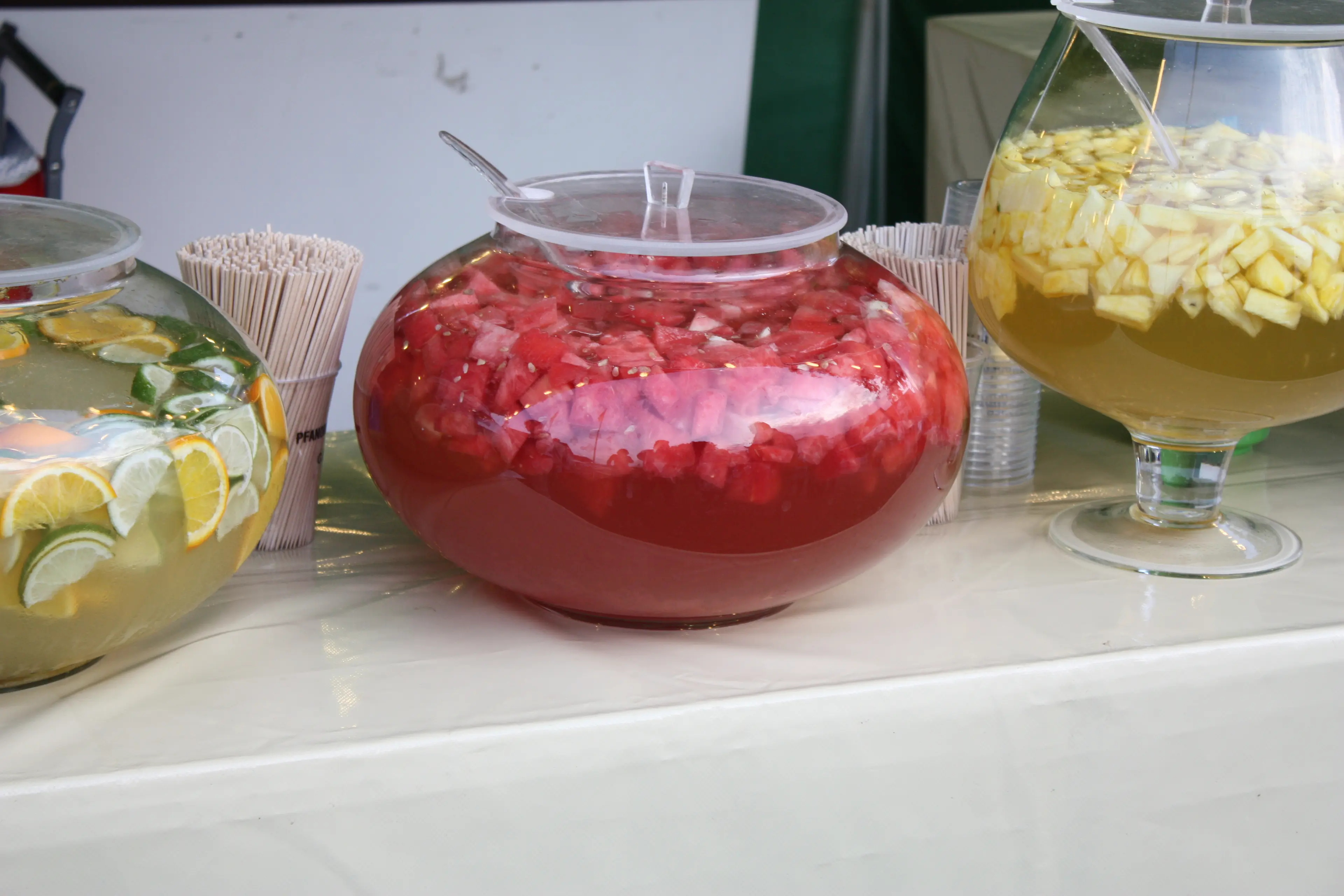
Ponche
Ponche is a traditional Cape Verdean drink, similar to a liqueur. It's made from grogue and infused with various flavors, such as coconut or fruit.
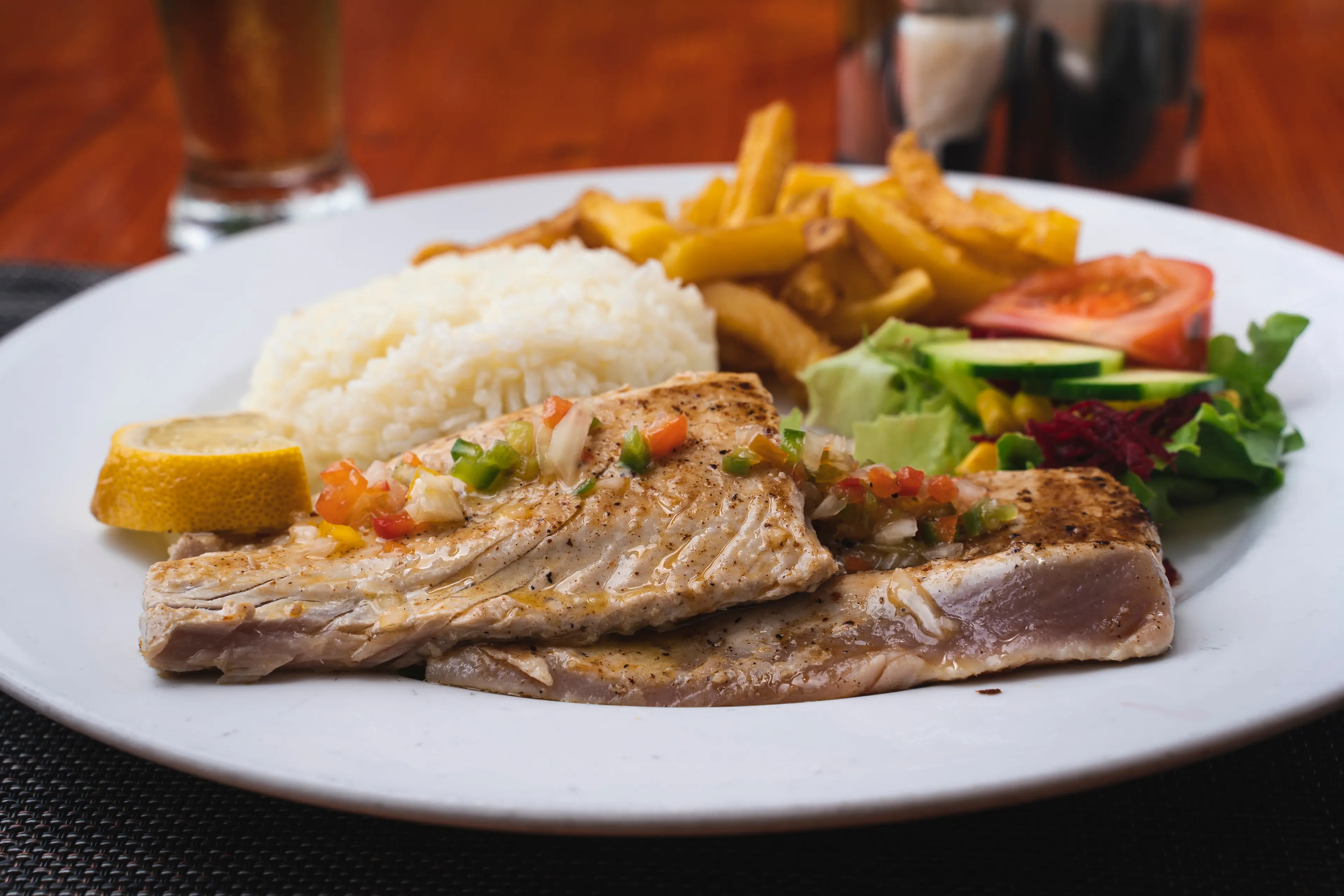
Tuna Steak
Tuna Steak is a popular dish in Cape Verde, given the abundance of fresh tuna in the surrounding waters. It's often grilled and served with a side of vegetables or rice.
Best time to visit
The best time to visit Cape Verde is from November to June. During these months, the weather is warm and dry, making it perfect for beach activities and exploring the islands. The peak tourist season is between December and April, when the weather is at its best. However, if you prefer a quieter vacation, the months of May and June are less crowded.
How to get around
Air Travel
Cape Verde's national airline, TACV, operates between the islands. There are also international flights from Europe, Africa, and the Americas to the Amílcar Cabral International Airport on Sal Island and the Cesária Évora Airport on São Vicente Island.
Ferry
Inter-island ferries are a popular way to travel between the islands of Cape Verde. The schedules can be irregular and are subject to weather conditions.
Taxi
Taxis are readily available in the cities and larger towns. They are metered, but it's also common to agree on a fare before the journey. Taxis are a convenient way to travel short distances.
Aluguer
Aluguers, shared taxis or minibuses, are a common form of transport in Cape Verde. They operate on fixed routes and leave when they are full. They are a cheap and efficient way to get around, especially on the larger islands.
Car Rental
Renting a car is a good option if you want to explore the islands at your own pace. International and local car rental companies operate in Cape Verde. Remember to drive on the right side of the road.
Ridesharing
Ridesharing services, such as Uber, are not currently available in Cape Verde.
Biking
Biking is a popular way to get around, especially on the flatter islands. Bike rental shops are available in the major towns.
Hiking
Hiking is a great way to explore the mountainous islands of Cape Verde. There are many trails with stunning views. Always take plenty of water and sun protection.
Public Buses
Public buses operate in the larger towns and cities. They are a cheap way to get around, but can be crowded and do not always run on a regular schedule.
Important information
Currency CVE
Time zoneUTC-1
Driving sideRight
Emergency phoneAmbulance: 130; Fire: 131; Police: 132
Drinking waterOpt for bottled water
Power sockets
Voltage230 V
Things to know about Cape Verde as a first time visitor
1
Cape Verde's official language is Portuguese, but locals also speak Cape Verdean Creole.
2
The local currency is the Cape Verdean Escudo (CVE), and it's advisable to carry some cash as not all places accept credit cards.
3
Cape Verde has a tropical climate. The average temperature ranges from 77°F to 86°F (25°C to 30°C).
4
Cape Verde is one hour behind Greenwich Mean Time (GMT-1).
5
Tap water is not safe to drink in Cape Verde, so it's recommended to drink bottled water.
6
Cape Verde's cuisine is a blend of African, Portuguese, and Brazilian influences. Be sure to try the national dish, Cachupa.
7
Cape Verde is a safe country, but like any other tourist destination, it's advisable to take precautions against petty theft.
8
Public transportation is limited in Cape Verde. Taxis and car rentals are the most common ways to get around.
9
Cape Verde has a strong musical culture. Morna, Funaná, and Batuque are popular music genres.
10
The country is made up of 10 islands, each with its unique charm and attractions.
11
Cape Verde has a relaxed and laid-back atmosphere. It's common for things to run on 'Cape Verde time', which means things may not always start on time.
12
The country has a strong maritime culture. Fishing is a popular activity, and fresh seafood is a staple in the local diet.
13
Cape Verde has a strong Catholic influence, but there's also a blend of African and indigenous beliefs.
14
The country has a high level of literacy, with over 85% of the population being literate.
15
Cape Verde is a popular destination for water sports, including surfing, windsurfing, and diving.
16
The country has a strong commitment to environmental sustainability, with several protected areas and national parks.
17
Cape Verde has a vibrant nightlife, with numerous bars, clubs, and live music venues.
18
The country has a diverse landscape, with beaches, mountains, and desert-like areas.
19
Cape Verde has a rich history of slavery and colonization, which is reflected in its architecture and cultural heritage.
20
The country has a strong sense of community, and locals are known for their hospitality and friendliness.
Basic Portuguese to know as a first time visitor
English phrase | Native phrase | Pronunciation | When to use it |
|---|---|---|---|
Hello | Oi | Oy | Greeting someone |
Goodbye | Tchau | Chow | Leaving or saying goodbye to someone |
Please | Por favor | Por fa-vor | When asking for something |
Thank you | Obrigado | Obri-gah-doo | When someone helps you or gives you something |
Yes | Sim | Seem | Agreeing with someone or answering a yes-no question |
No | Não | Nown | Disagreeing with someone or answering a yes-no question |
Excuse me | Desculpe | Dess-kool-peh | Getting someone's attention or apologizing |
I'm sorry | Lamento | Lah-men-toh | Apologizing |
Do you speak English? | Você fala inglês? | Vo-seh fah-lah in-glesh? | When you want to find someone who speaks English |
I don't understand | Eu não entendo | Eh-oo nown en-ten-doo | When you don't understand what someone is saying |
Where is the bathroom? | Onde é o banheiro? | Onde eh o ban-he-ro? | When you need to find the bathroom |
How much does it cost? | Quanto custa? | Kwan-toh coos-tah? | When you want to know the price of something |
I would like... | Eu gostaria... | Eh-oo gohs-tah-ree-ah... | When you're ordering something or expressing a desire |
Help! | Socorro! | So-coh-roh! | When you're in danger or need assistance |
Call the police! | Chame a polícia! | Sha-meh a po-lee-see-ah! | When you need to get the police |
I'm lost | Estou perdido | Es-toh per-dee-doh | When you've lost your way |
Can I use your phone? | Posso usar seu telefone? | Pos-soh oo-sar seu teh-leh-foh-neh? | When you need to use someone's phone |
Good morning | Bom dia | Bom dee-ah | Greeting someone in the morning |
Good afternoon | Boa tarde | Boa tar-deh | Greeting someone in the afternoon |
Good night | Boa noite | Boa noy-teh | Greeting someone in the evening or before bed |
Packing List
Clothing
Underwear (6 pairs)
Socks (6 pairs)
T-shirts (6)
Long-sleeve shirts (2)
Shorts (2 pairs)
Jeans or long pants (2 pairs)
Swimsuit or trunks
Sleepwear
Lightweight jacket or sweater
Walking shoes
Sandals or flip-flops
Hat or cap
Sunglasses
Scarf or bandana
Toiletries
Toothbrush and toothpaste
Deodorant
Shampoo and conditioner
Body wash or soap
Razor and shaving cream
Sunscreen
Lip balm with SPF
Insect repellent
First-aid kit (band-aids, antiseptic wipes, tweezers)
Prescription medications
Travel-size laundry detergent
Travel documents and essentials
Passport
Driver's license or ID card
Credit and debit cards
Cash and coins
Travel insurance documents
Hotel and/or car rental reservations
Emergency contacts and important addresses
Maps and guidebooks
Travel pillow and blanket
Electronics and gadgets
Smartphone and charger
Headphones
Camera and charger
Memory cards for camera
Power bank
Universal travel adapter
Laptop and charger (optional)
E-reader or books (optional)
Miscellaneous items
Snacks and gum
Water bottle
Travel-size umbrella
Ziplock bags
Tissues and wet wipes
Pen and notebook
Travel laundry line and sink stopper
Flashlight or headlamp
Travel lock
Swiss army knife (check airline regulations)
Weather Conditions
Cape Verde, an island country in the Atlantic Ocean, is known for its tropical climate. The weather is generally warm and dry throughout the year, making it an ideal destination for sun-seekers. The temperature in Cape Verde typically ranges from 70°F to 86°F (21°C to 30°C) throughout the year. It's important to note that the islands are quite windy, especially between November and March, due to the Harmattan wind. This can cause a significant drop in humidity, making the air feel cooler than it actually is. Therefore, it's advisable to pack a light jacket or sweater for the evenings during these months. The rainy season in Cape Verde is from August to October. However, rainfall is usually short and sporadic, so it's unlikely to disrupt your travel plans significantly. Still, it's a good idea to pack a lightweight, waterproof jacket or umbrella during these months. Despite the occasional rain, the summer months (June to August) are the hottest and can be a great time to visit if you enjoy warmer temperatures. However, it's essential to stay hydrated and protect yourself from the sun during this period. Always carry a bottle of water with you and don't forget your sunscreen, hat, and sunglasses. In contrast, the winter months (December to March) are cooler and drier, making it an ideal time for hiking and exploring the islands' landscapes. However, the sea can be a bit rough during this period, so it might not be the best time for water activities. Overall, Cape Verde's weather is relatively mild and pleasant throughout the year, making it a great destination for any season. Just remember to pack according to the season and your planned activities, and you'll have a fantastic time exploring this beautiful island country.
| Month | Hi / Lo (°C) | Weather Overview |
|---|---|---|
January | 25° / 18° | January is a mild month in Cape Verde, with temperatures ranging from 18 to 25 degrees Celsius. It's a great time to visit if you prefer cooler weather. |
February | 25° / 18° | February continues the mild trend, with temperatures similar to January. It's ideal for tourists who want to avoid the heat. |
March | 27° / 19° | In March, temperatures start to rise slightly, making it a good time for beach activities. The weather is still comfortable, not too hot. |
April | 28° / 20° | April sees a further increase in temperature, with highs reaching 28 degrees Celsius. It's a perfect time for sunbathing and water sports. |
May | 29° / 21° | May is the start of the warmer months in Cape Verde, with temperatures ranging from 21 to 29 degrees Celsius. It's a great time for outdoor activities and exploring the islands. |
June | 30° / 22° | June is a hot month, with temperatures reaching up to 30 degrees Celsius. It's an excellent time for swimming and enjoying the beach. |
July | 32° / 24° | July is one of the hottest months in Cape Verde, with highs of 32 degrees Celsius. It's perfect for tourists who love the heat and want to spend time on the beach. |
August | 33° / 25° | August is the peak of summer in Cape Verde, with temperatures reaching up to 33 degrees Celsius. It's ideal for sunbathing, swimming, and other beach activities. |
September | 33° / 25° | September continues the hot trend, with temperatures similar to August. It's a great time to enjoy the beach and explore the islands. |
October | 32° / 24° | In October, temperatures start to decrease slightly, but it's still a warm month. It's a good time to visit if you prefer less intense heat. |
November | 30° / 22° | November sees a further decrease in temperature, making it a comfortable time to visit. The weather is ideal for exploring the islands and enjoying outdoor activities. |
December | 28° / 20° | December is a mild month in Cape Verde, with temperatures ranging from 20 to 28 degrees Celsius. It's a great time to visit if you prefer cooler weather. |
Did you know?
Places near by Cape Verde
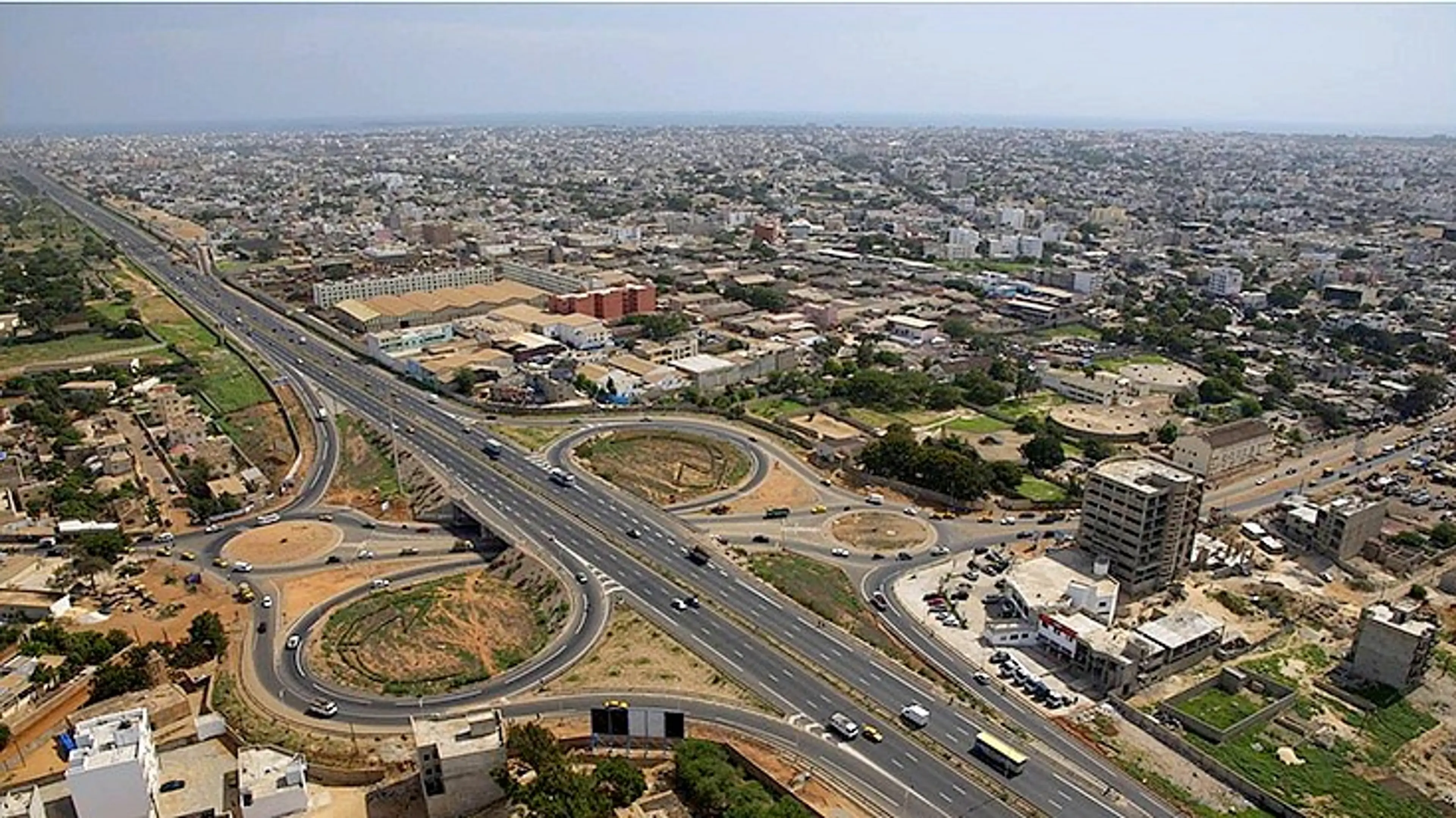
Dakar
Capital of Senegal known for its vibrant nightlife and colonial architecture

Bissau
Capital of Guinea-Bissau known for its Portuguese colonial architecture

Banjul
Capital of The Gambia known for its vibrant markets and beautiful beaches

Conakry
Capital of Guinea known for its vibrant markets and beautiful beaches
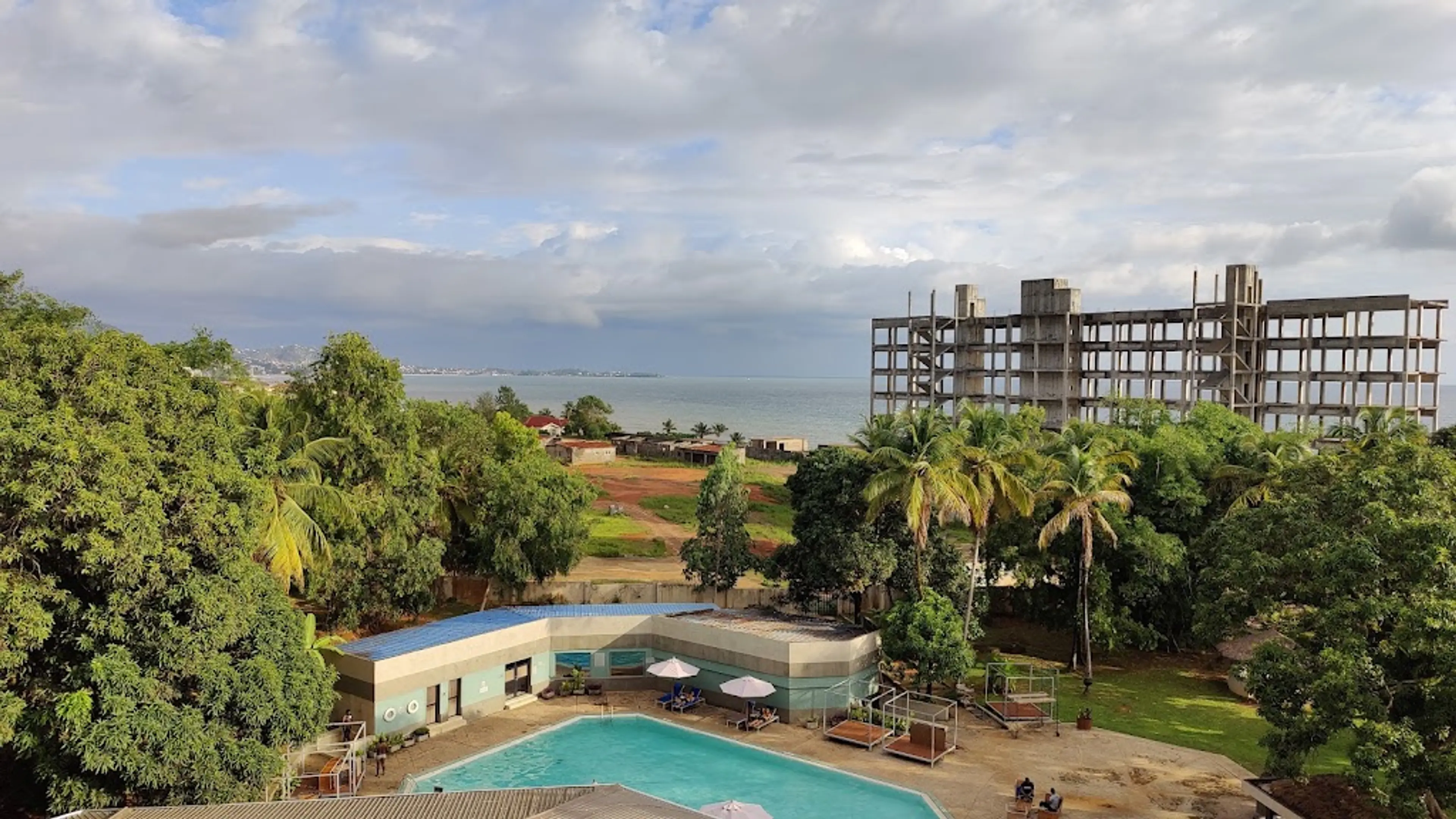
Freetown
Capital of Sierra Leone known for its beautiful beaches and vibrant nightlife
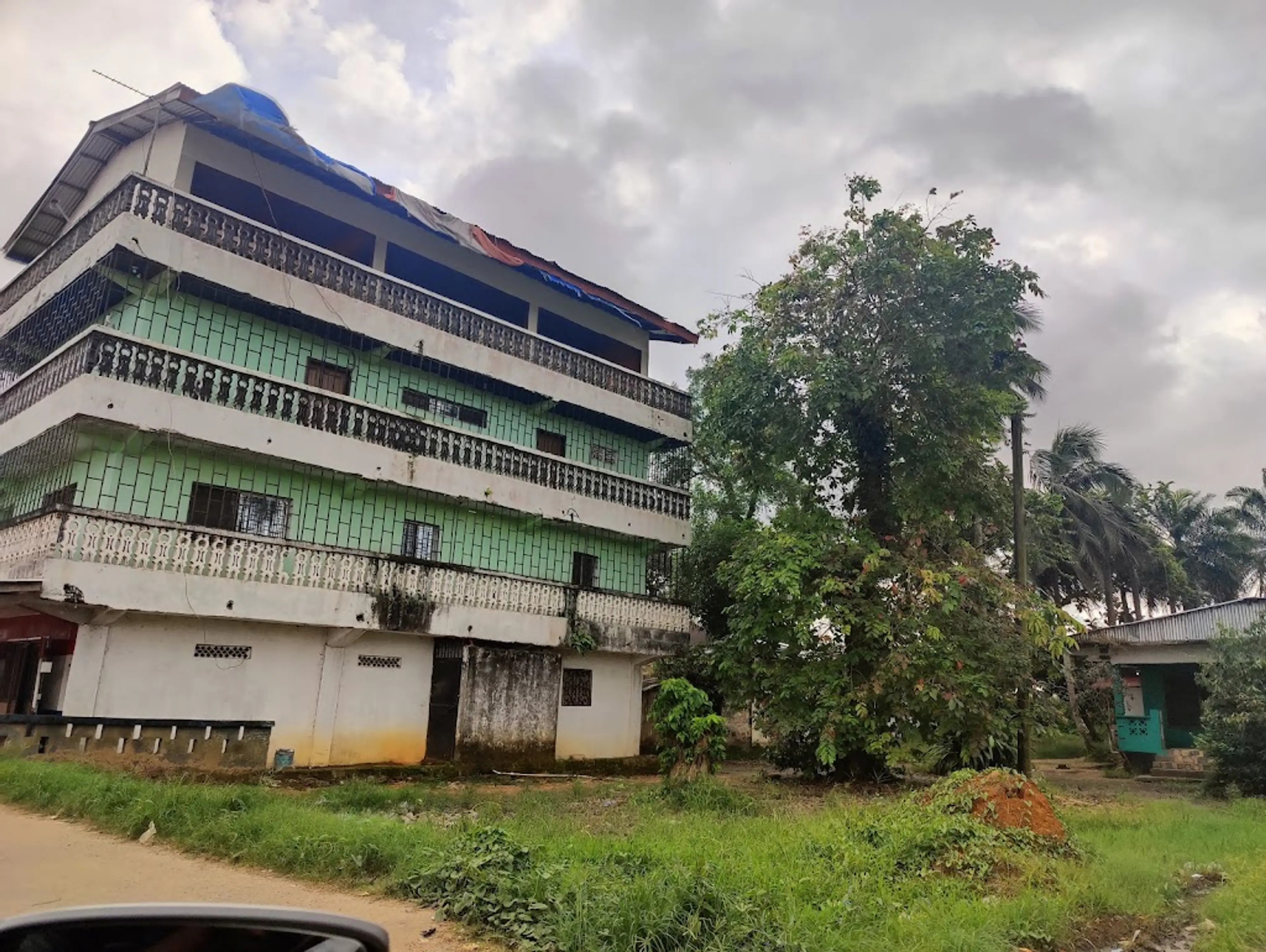
Monrovia
Capital of Liberia known for its beautiful beaches and vibrant nightlife
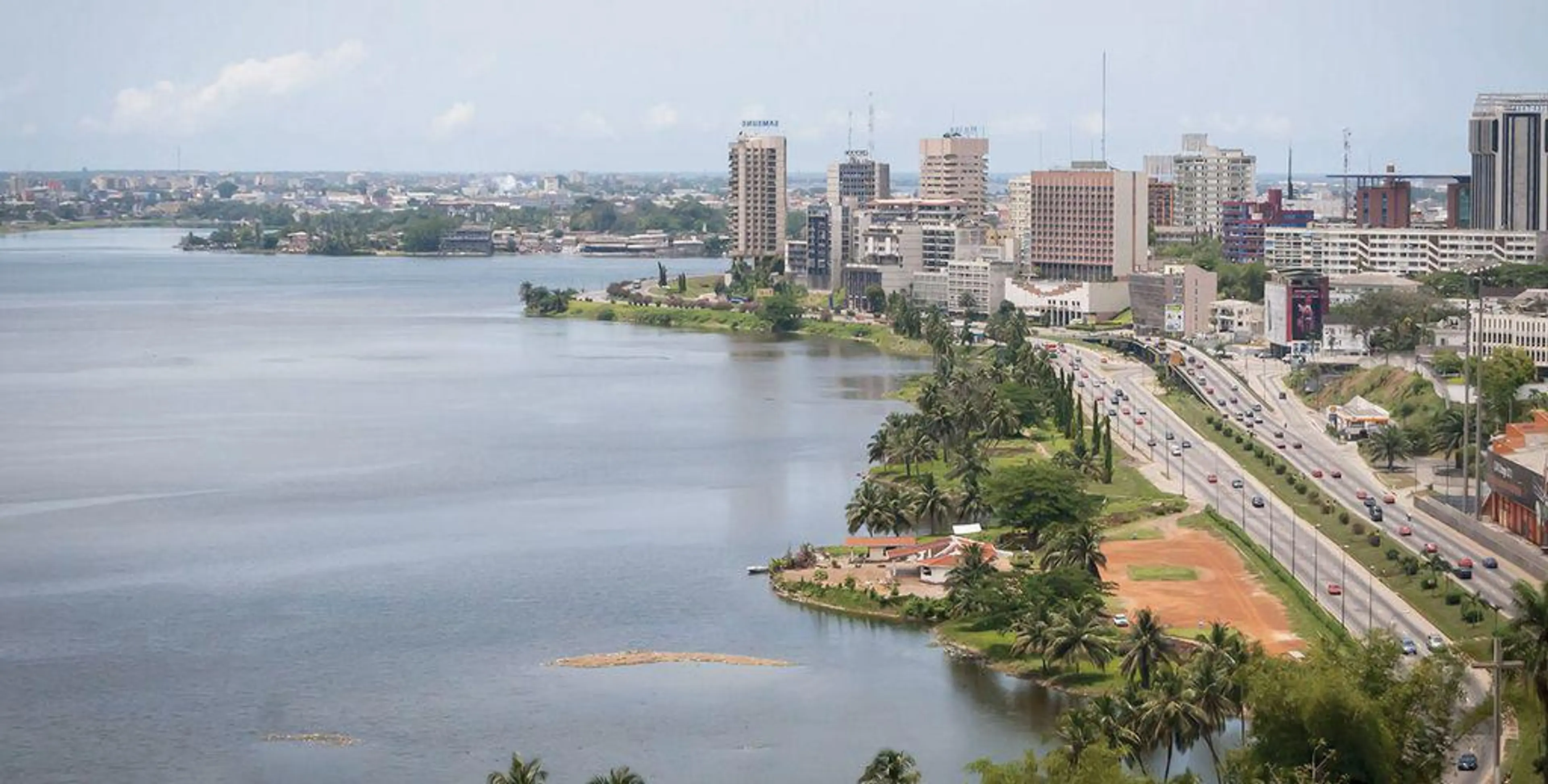
Abidjan
Largest city of Côte d'Ivoire known for its modern landmarks and vibrant nightlife
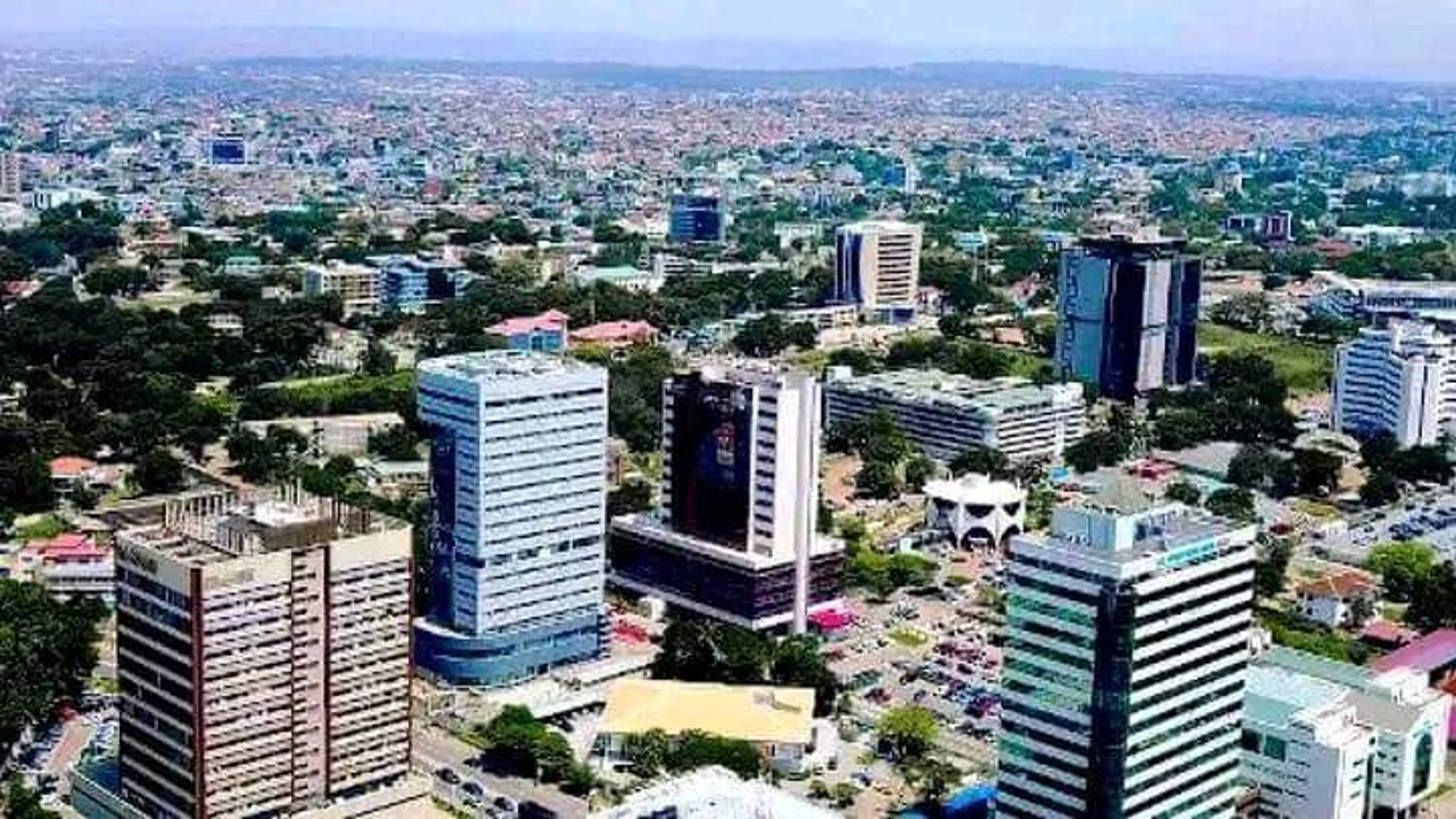
Accra
Capital of Ghana known for its vibrant nightlife and colonial-era architecture
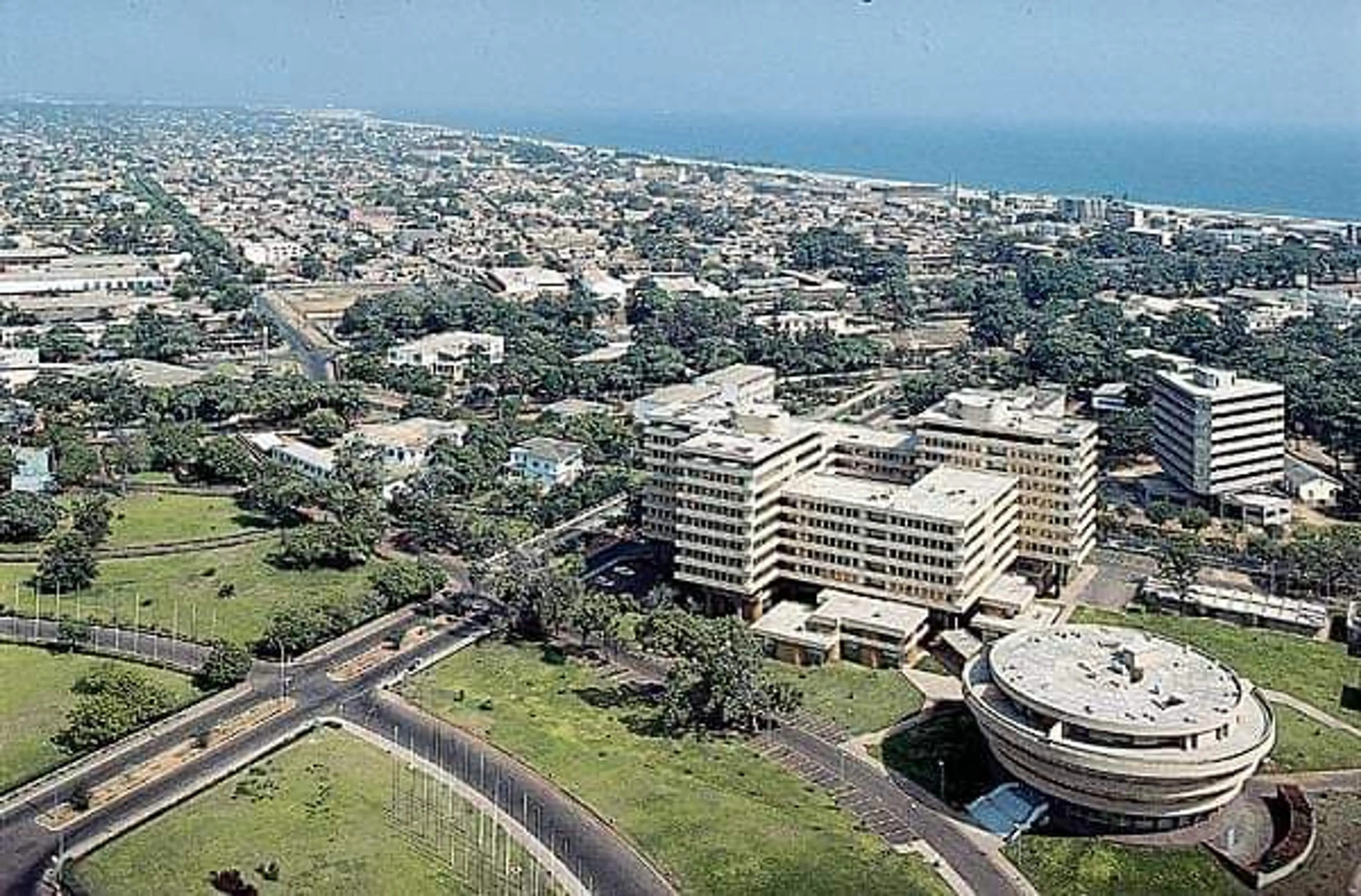
Lomé
Capital of Togo known for its palm-lined streets and colonial architecture
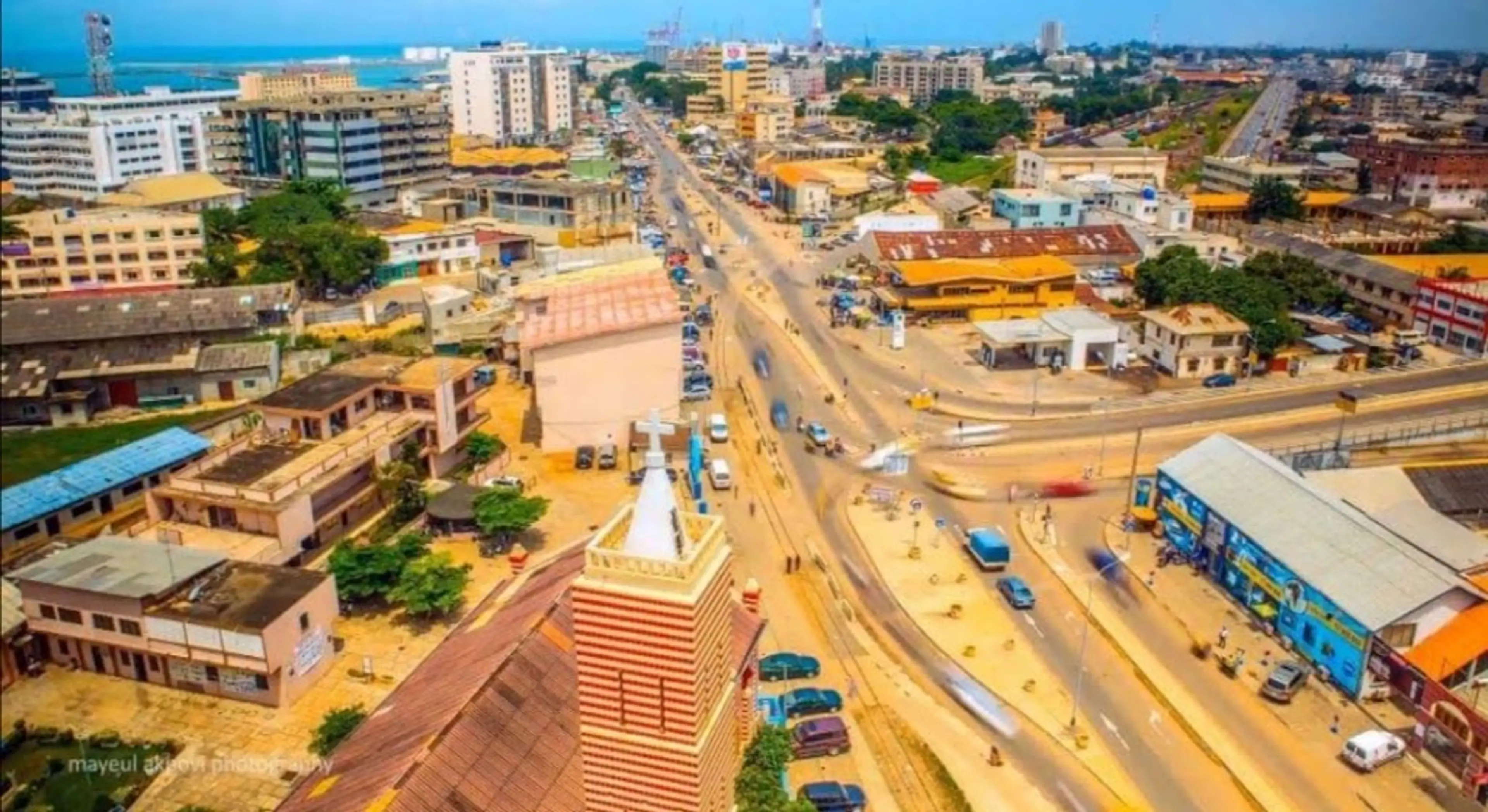
Cotonou
Largest city of Benin known for its vibrant markets and beautiful beaches
